
- Photo story
- Photo story
From chef’s whites to medical scrubs
Meet the machinists who have rapidly switched from making clothing for hospitality staff to uniforms for hospital workers.
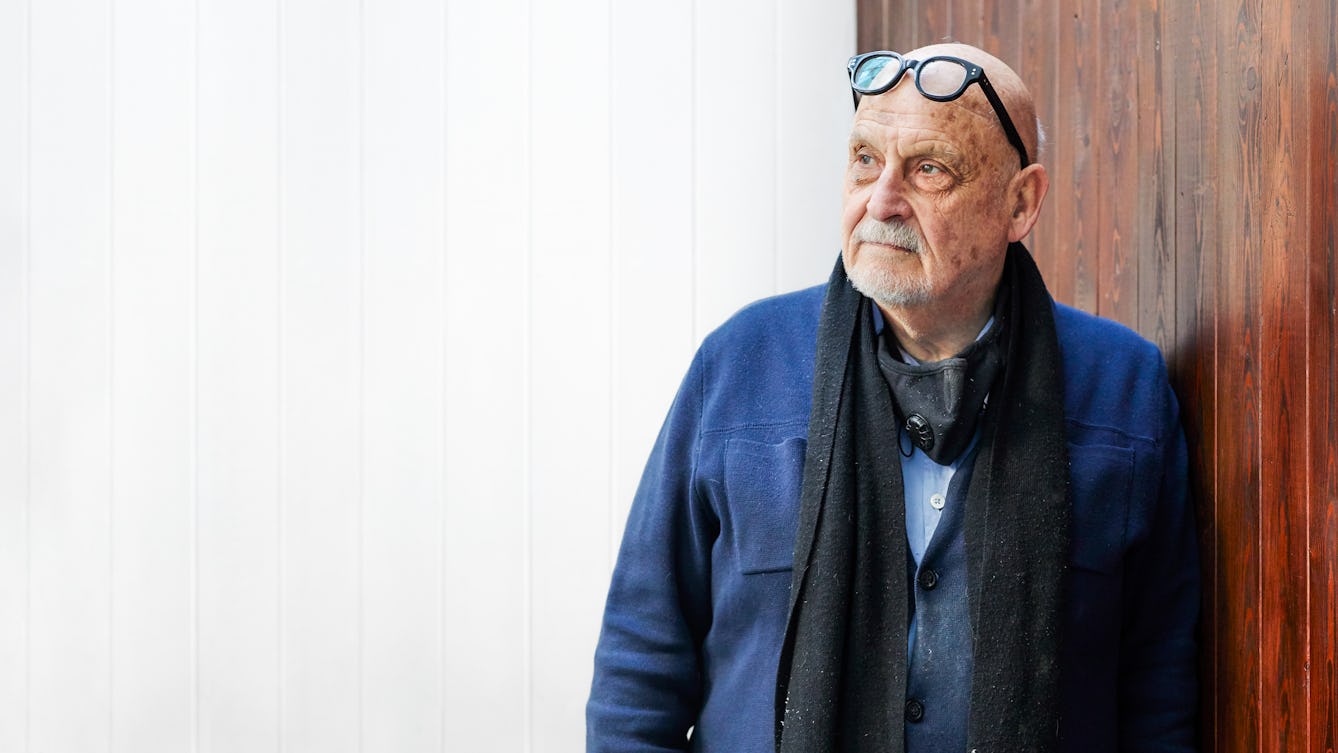
- Photo story
- Photo story
The spectacle maker
Born into the eyewear business 80 years ago, Lawrence Jenkin still designs and makes glasses, while supporting and inspiring the generations of designers following him.
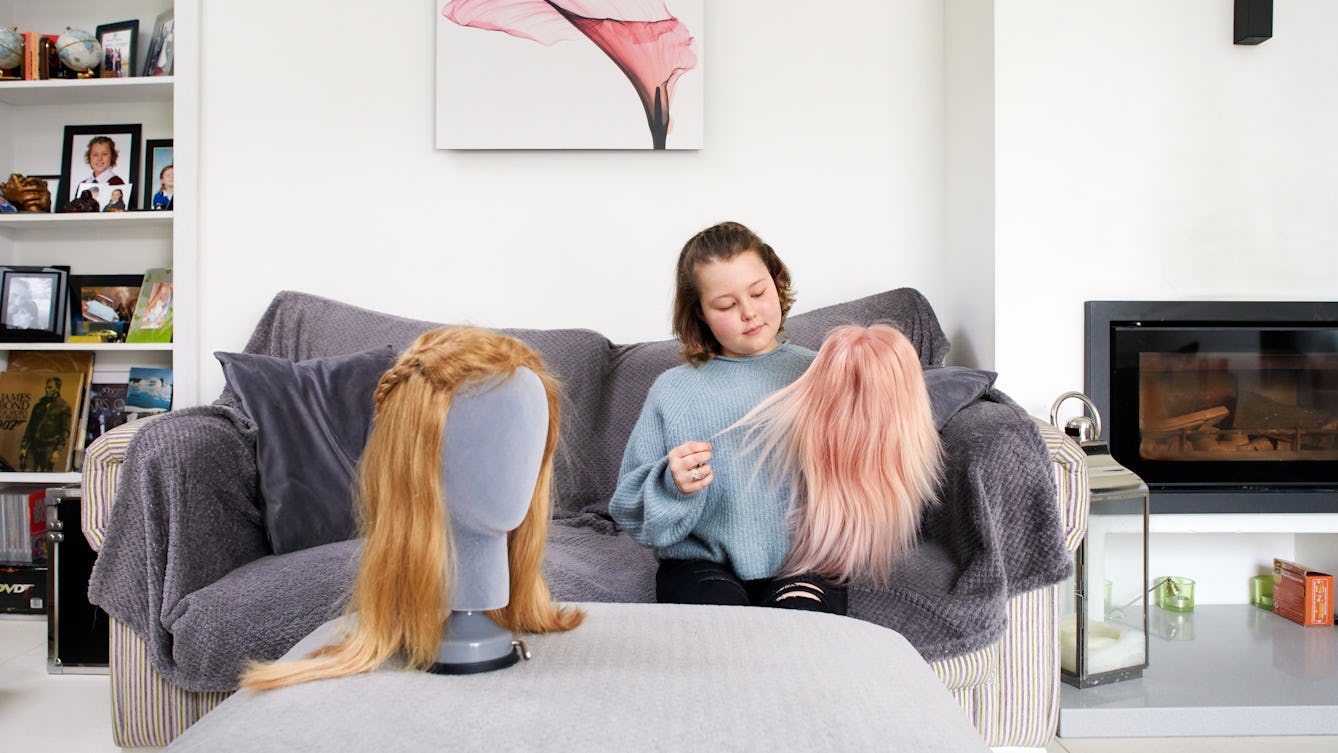
- Photo story
- Photo story
How wigs help children handle hair loss
For young people who lose their hair during cancer treatment, a wig can make them feel normal again. Carmel King photographs some of the processes and people involved with a charity providing beautiful human-hair wigs for kids.
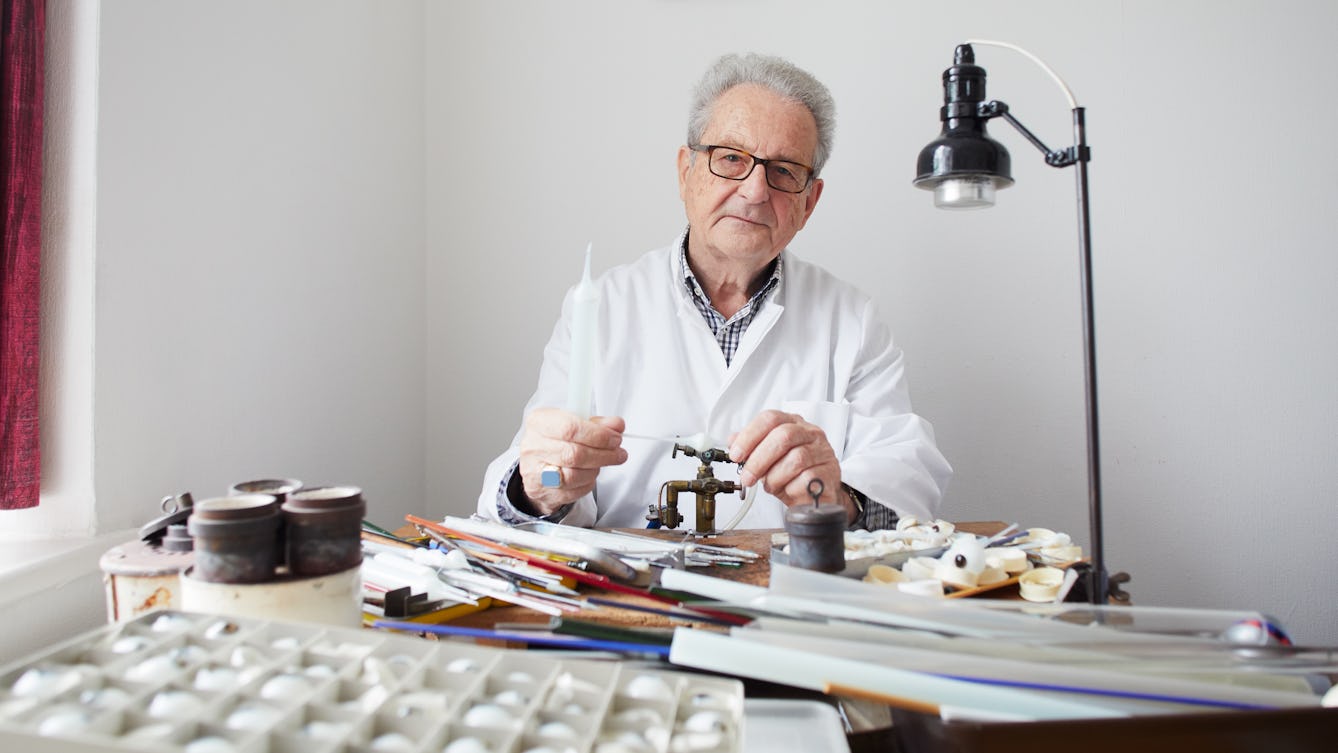
- Photo story
- Photo story
The last glass-eye maker in Britain
Meet Jost Haas – the UK’s last artificial-eye maker working exclusively with glass.

- Article
- Article
When monarchs healed the sick
Our current Queen fortunately doesn’t have to spend hours laying hands on the sick to cure them. But it was a different story for monarchs of the early modern era, whose touch was a sought-after treatment for scrofula.

- Article
- Article
Diagnosing the past
Historical texts rarely supply enough detail for a definitive diagnosis, so medical historians need to proceed with caution.

- Article
- Article
The power of unicorns
Discover the unlikely connection between pharmaceuticals and unicorns.
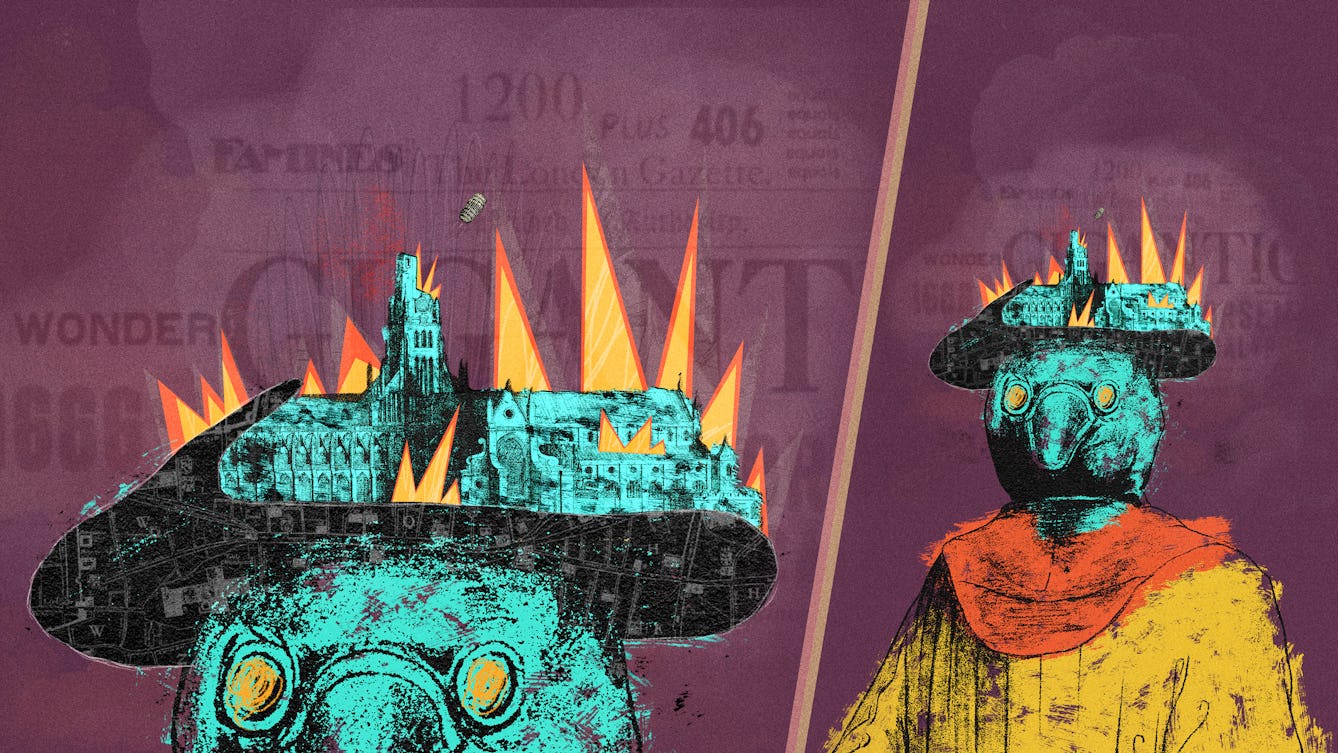
- Article
- Article
Devilry and doom in 1666
Disastrous events and a significant combination of numbers signalled the end – or perhaps a new beginning – in 1666. But for some, this feverish period fuelled unprecedented inventiveness and development.

- Article
- Article
Black pepper to fuel fiery fights and cure haemorrhoids
This common condiment was once very valuable and, until surprisingly recently, used as a versatile medicine.
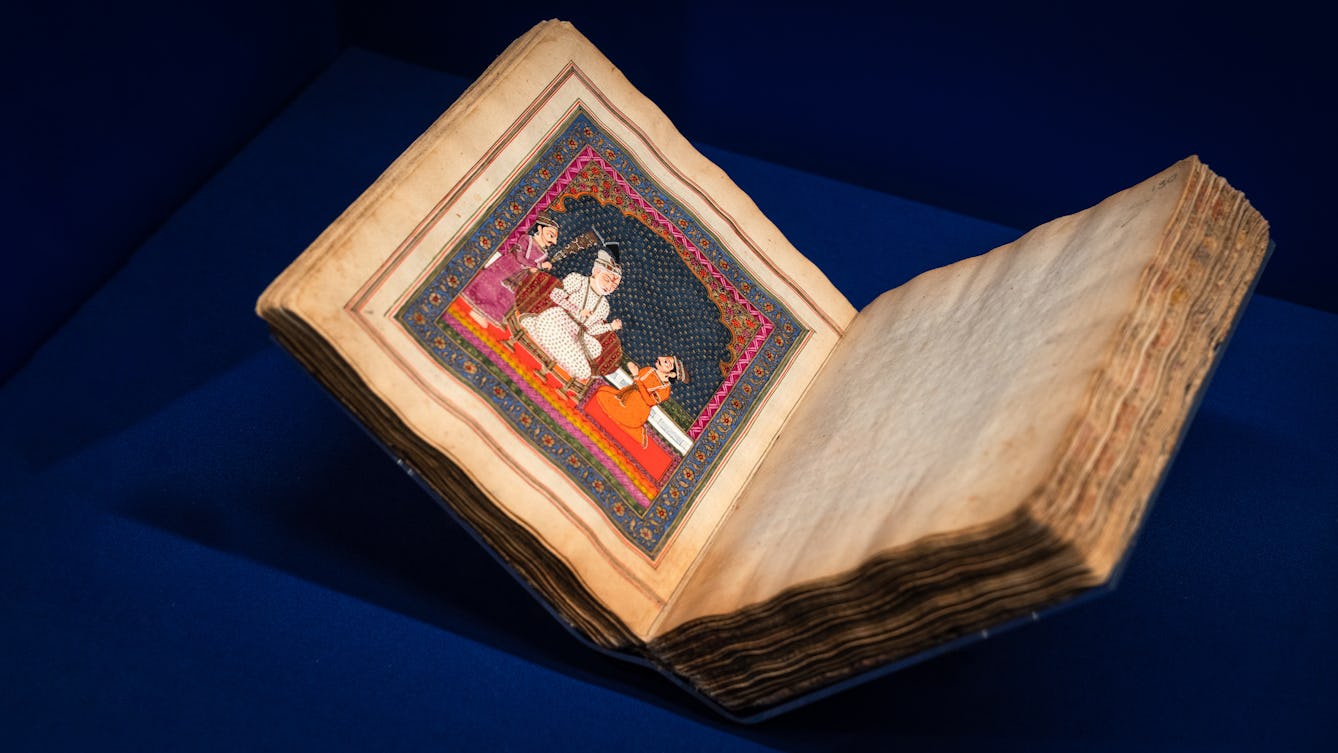
- Article
- Article
The eye of darshan
The Hindu concept of darshan means “divine revelation”, but it’s also about the multilayered ways in which we see the world around us. Adrian Plau explains how one image in a Panjabi manuscript relates to darshan, and why it’s so striking.
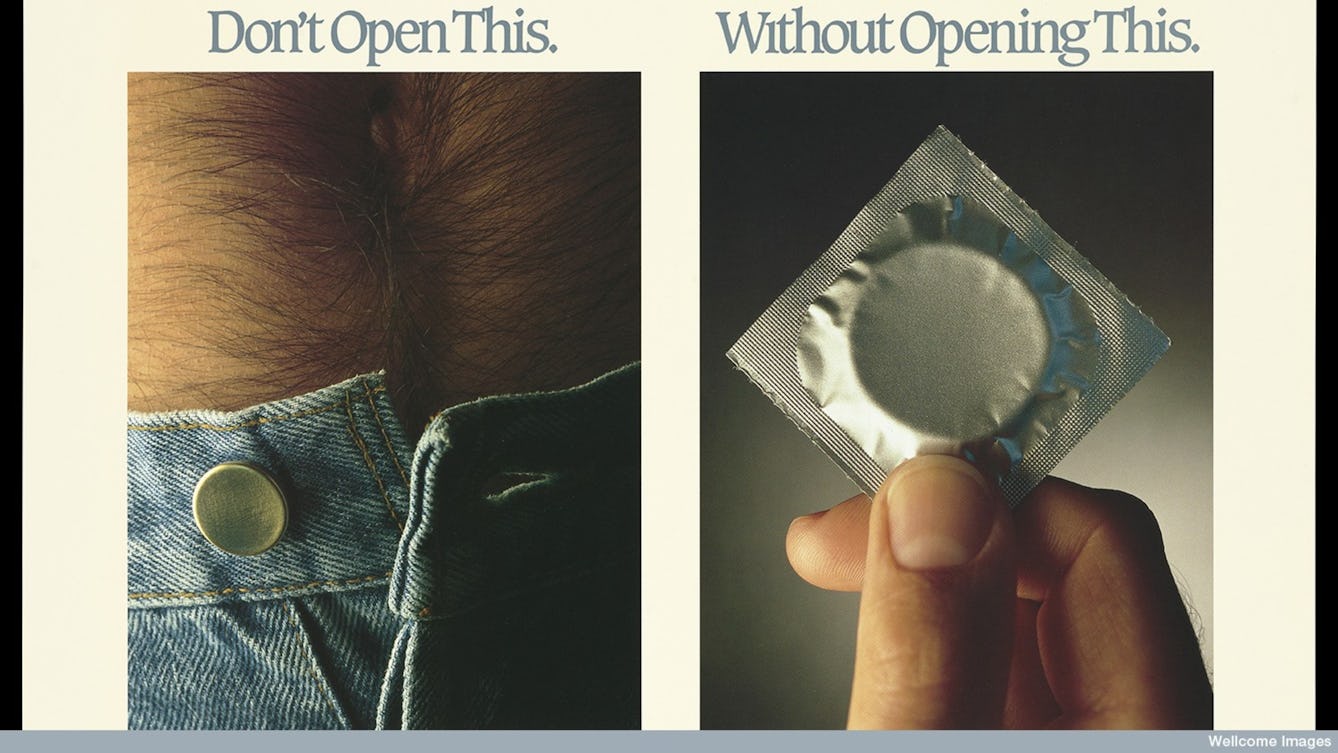
- Article
- Article
History of condoms from animal to rubber
Come on a journey from the first recorded condoms in the 16th century to the modern female condoms in the 1990s – and everything in between.

- Article
- Article
The doctor who challenged the unicorn myth
Our era of fake news and medical misinformation is nothing new. Estelle Paranque relays the thrusts and parries of a 440-year-old row over a magical cure-all, the unicorn horn.

- Article
- Article
How Californian dairy farmers stole a way of life
When European settlers drained a beautiful Californian lake to provide dairy grazing, the lives of nearby Native American peoples changed out of all recognition. But recent rainfall is strengthening hopes of a return to the old ways.

- Book extract
- Book extract
You, a thousand years ago
Jack Hartnell argues that, if we were transported into the medieval past, we’d find ourselves somewhere different yet strangely familiar.

- Article
- Article
The secret lives of Britain’s first Black physicians
Dr Annabel Sowemimo explores the web of connections between early Black British doctors, the role of empire in West Africa and the pernicious reach of scientific racism.
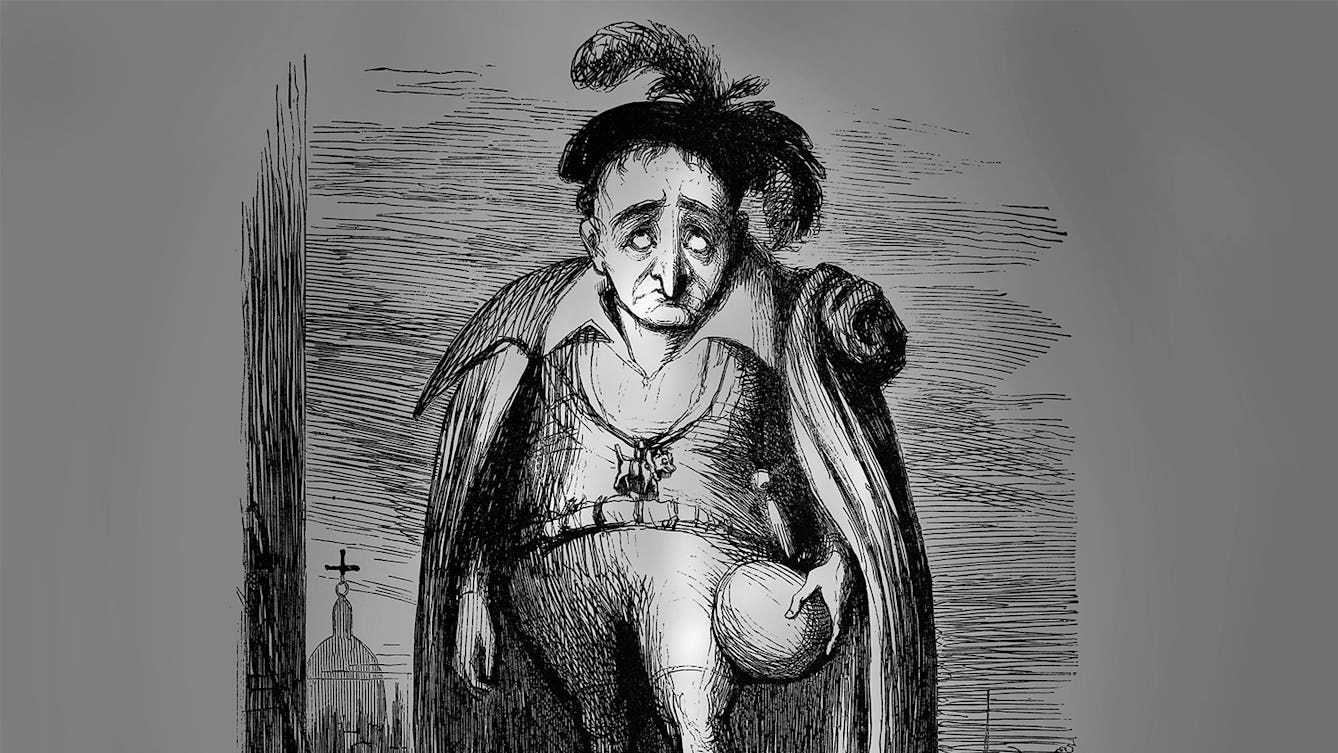
- Article
- Article
Hamlet, the melancholic Prince of Denmark
Hamlet clearly demonstrates an excess of black bile and is arguably the most famous literary melancholic.
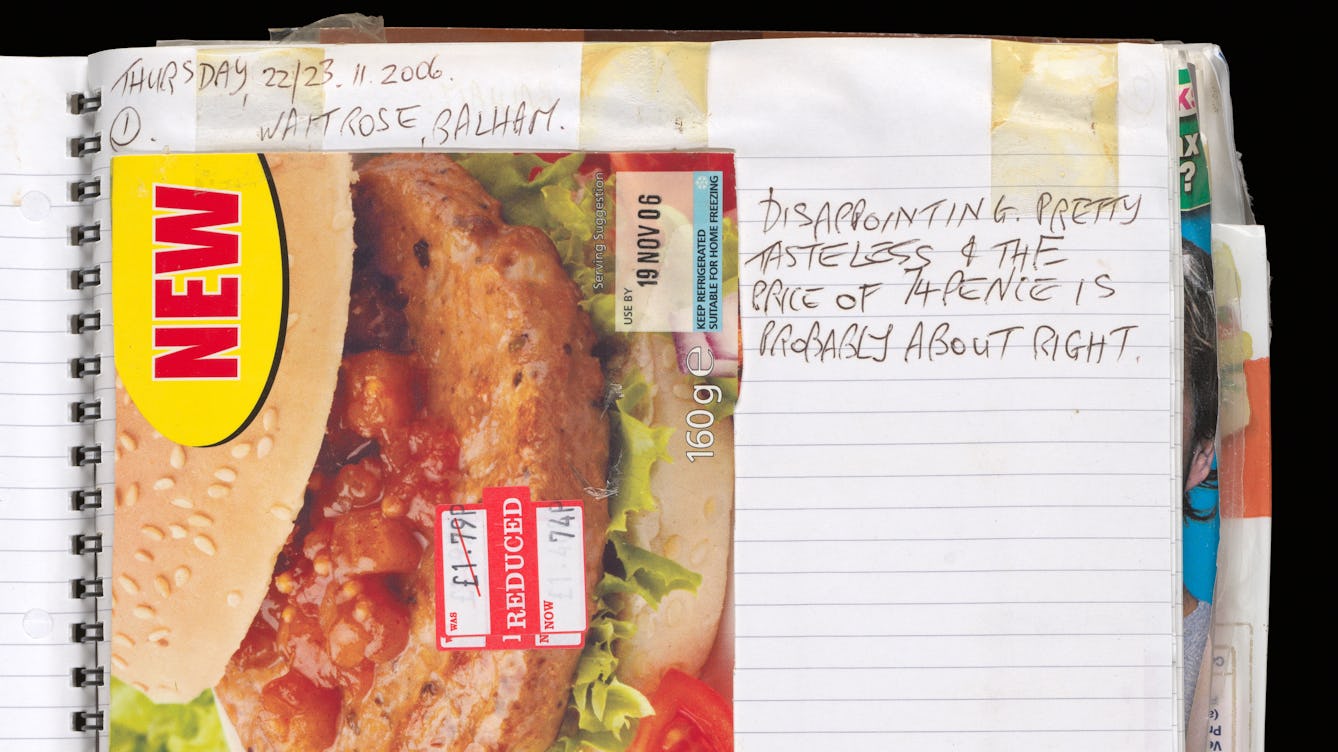
- Article
- Article
Audrey in the world
As the collection is fully catalogued, the archive is opened up to the public. A feature film about Audrey premieres, and Audrey gets her own Wikipedia page, so people can learn about her. For archivist Elena, it’s time to step back.
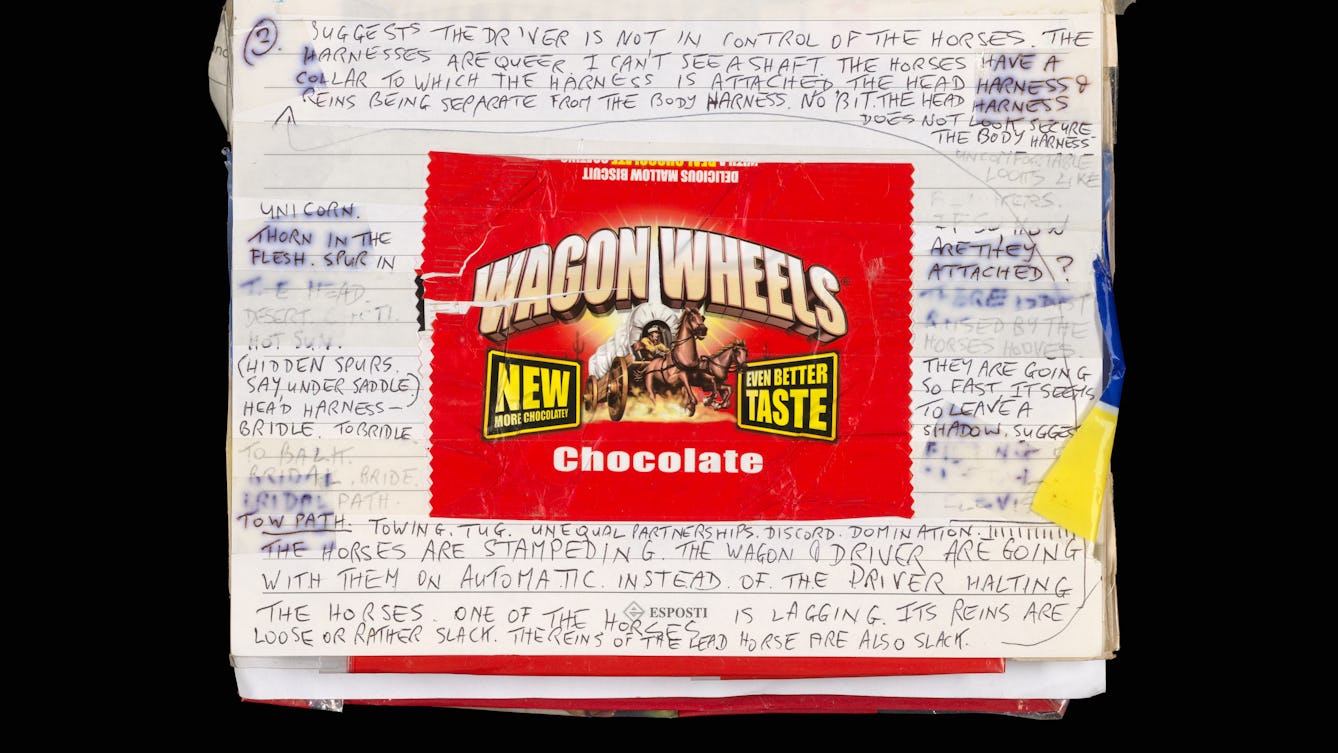
- Article
- Article
Cataloguing Audrey
Work begins in earnest to restore order to the archive Audrey Amiss kept of the minutest happenings in her life. Like detectives, the archivists search for subtle clues to chronology in the mass of materials.
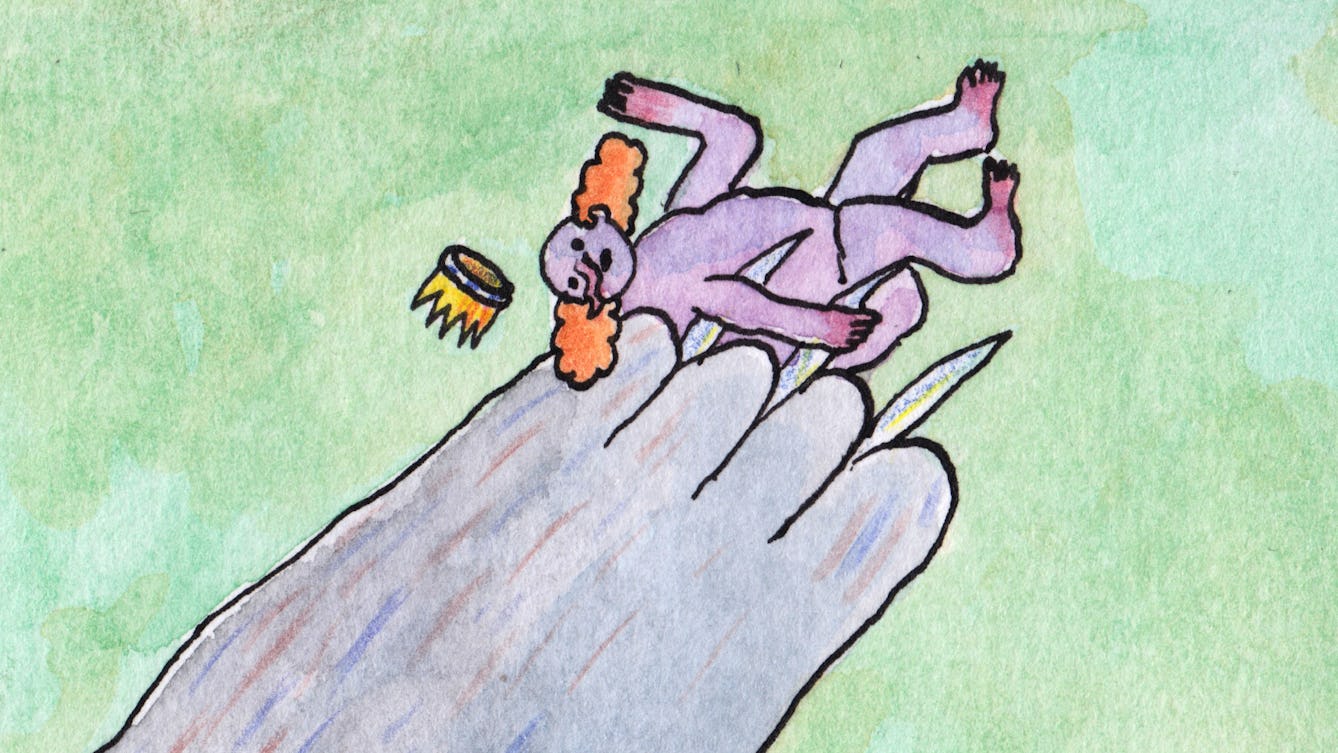
- Comic
- Comic
Land
You might think you're king of your hill, but have you looked at the bigger picture?

- Article
- Article
Shakespeare’s cholerics were the real drama queens
In Shakespeare’s times, people’s personalities were categorised by four temperaments. The choleric temperament was hot-tempered and active.
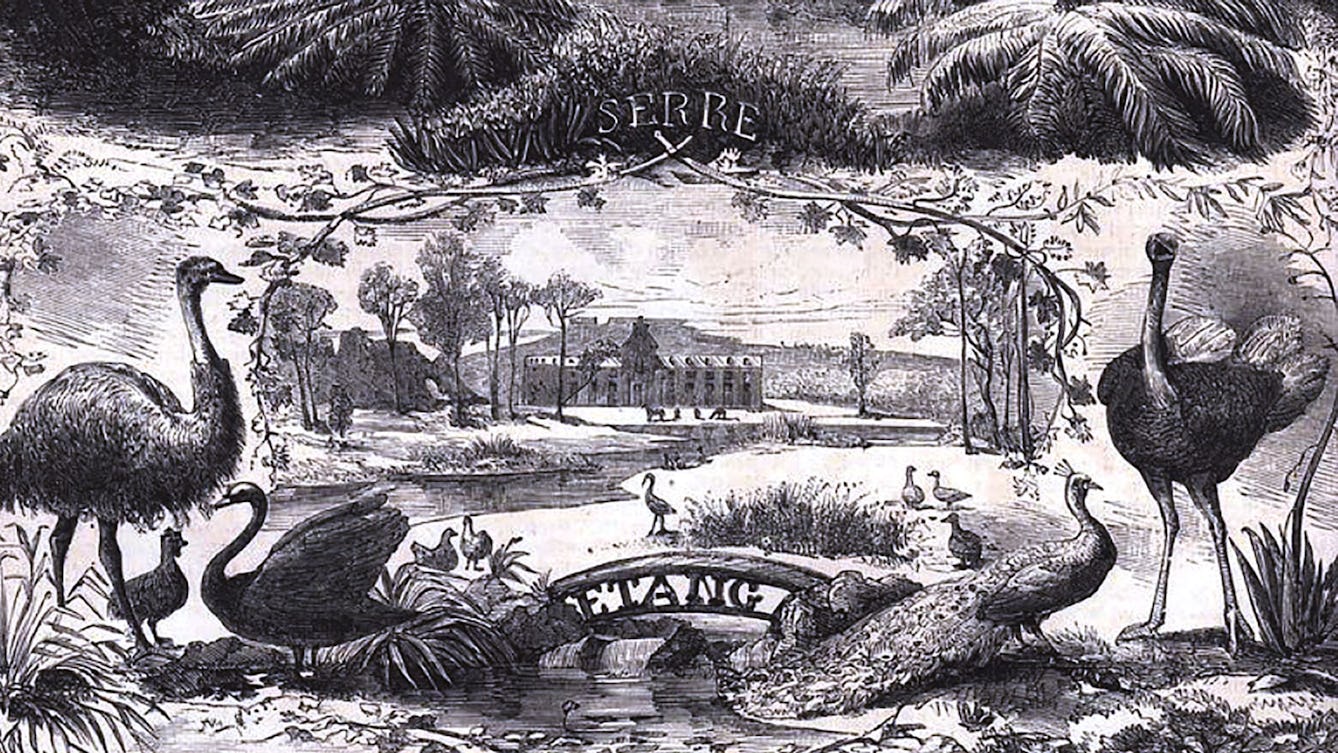
- Article
- Article
The men who meddled with nature
The ‘acclimatisation societies’ of the 19th century sought to ‘improve’ on the natural world by releasing non-native species into the wild. The effects were disastrous.

- Article
- Article
The origins and meanings of pharmacy symbols
What have snakes, unicorns and crocodiles got to do with pharmacies? The history of these modern signs goes back to the Greek gods.

- Article
- Article
Why zombies can’t help coming back
Although it might appear that zombies are a 20th-century phenomenon, created for the horror-movie industry, they’ve actually been around since medieval times. Find out what zombies like to do, and how to get rid of them.
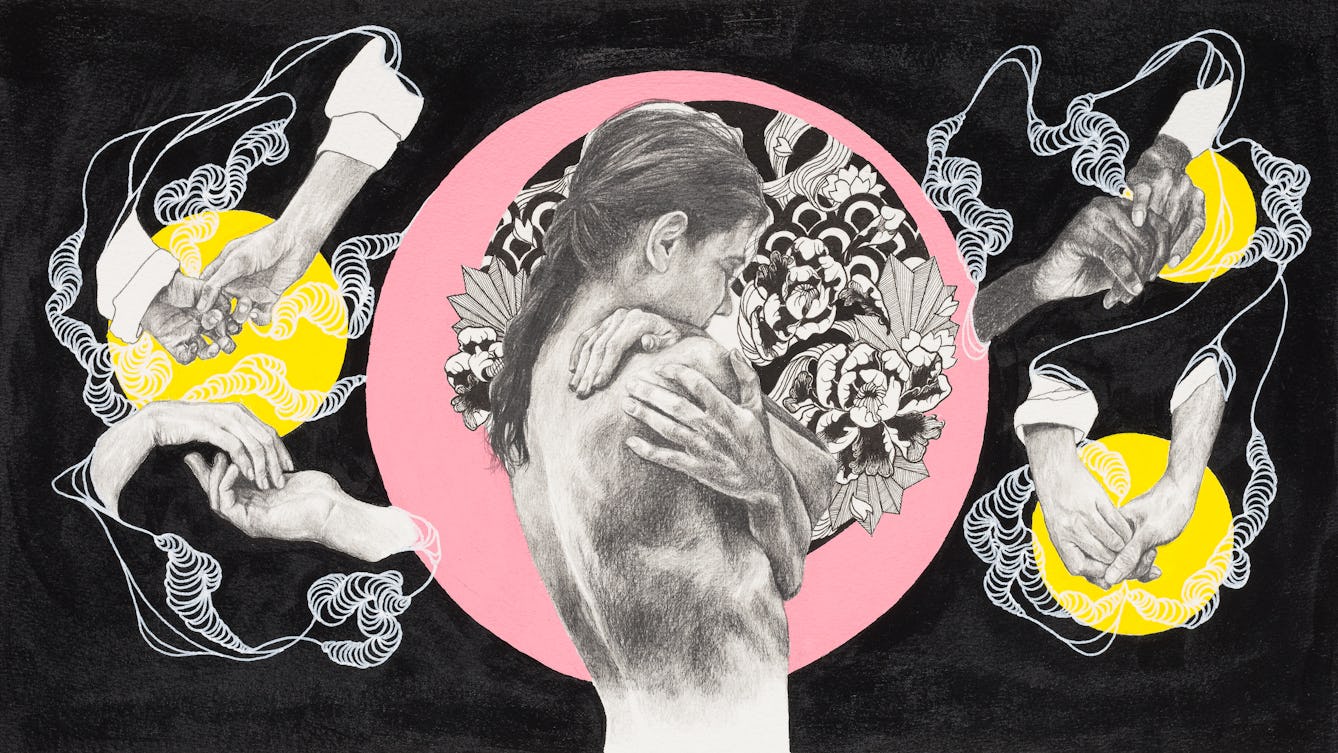
- Article
- Article
Losing touch
In these pandemic times, when touch has become taboo, Agnese Reginaldo explores the importance of physical contact to our wellbeing.
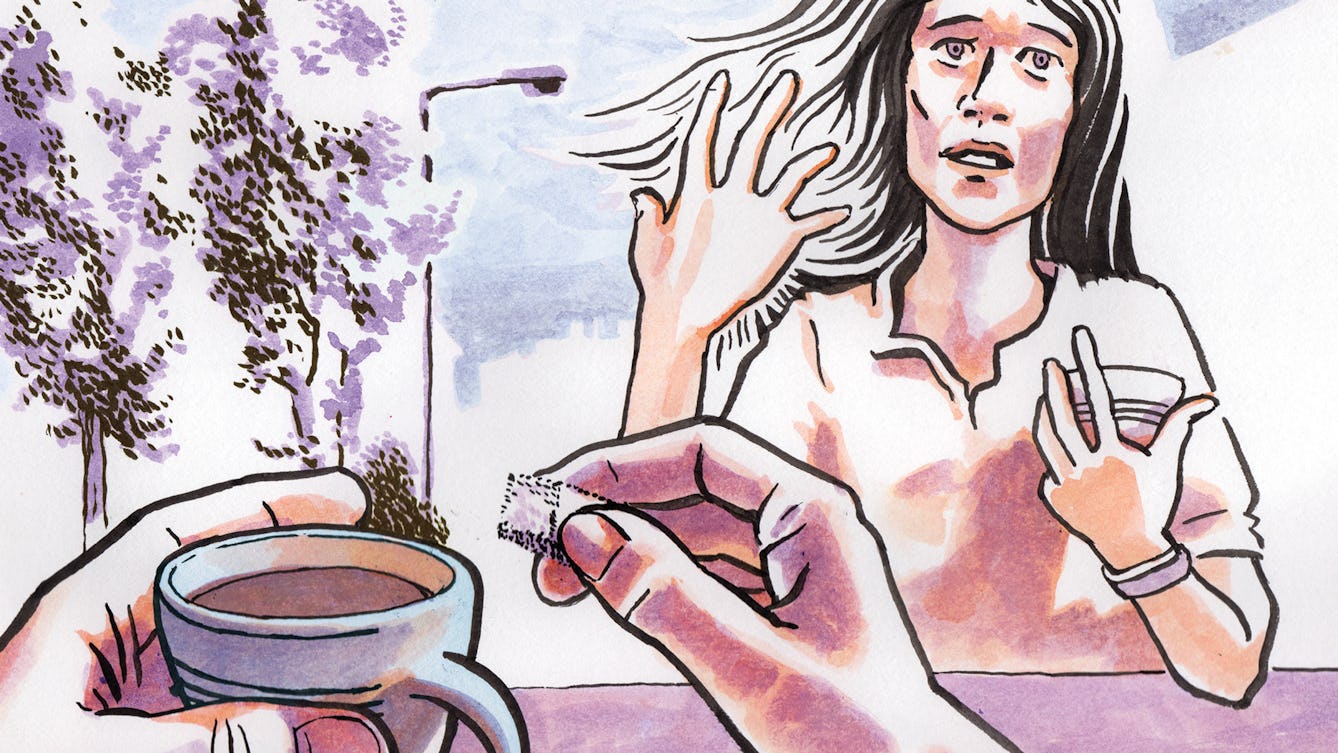
- Article
- Article
When depression is worse than physical illness
Chronic physical illnesses can be accompanied by troubling depressive symptoms. Elly Aylwin-Foster urges doctors to treat every aspect of her condition with the same care.